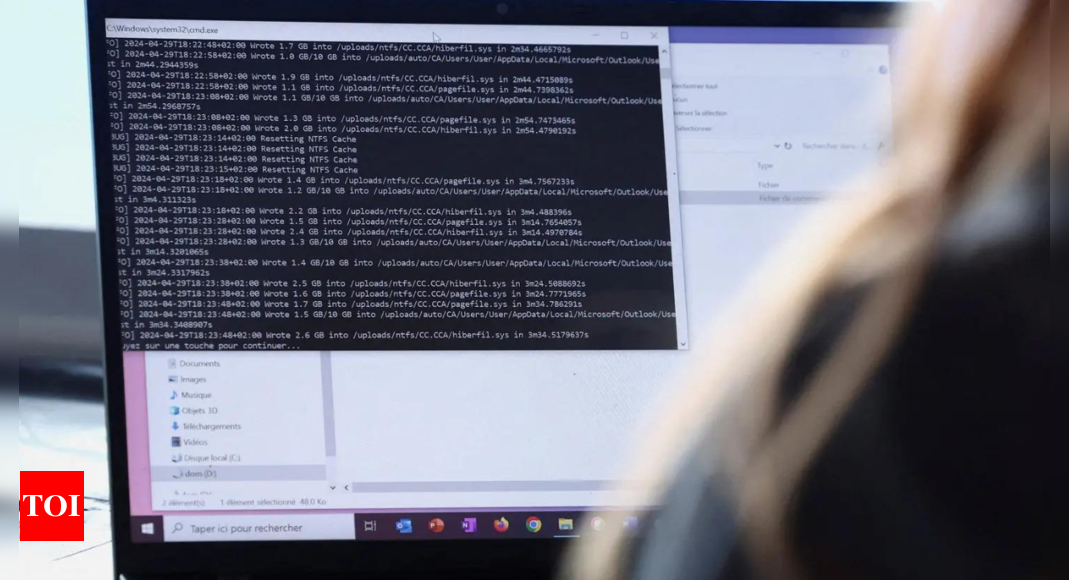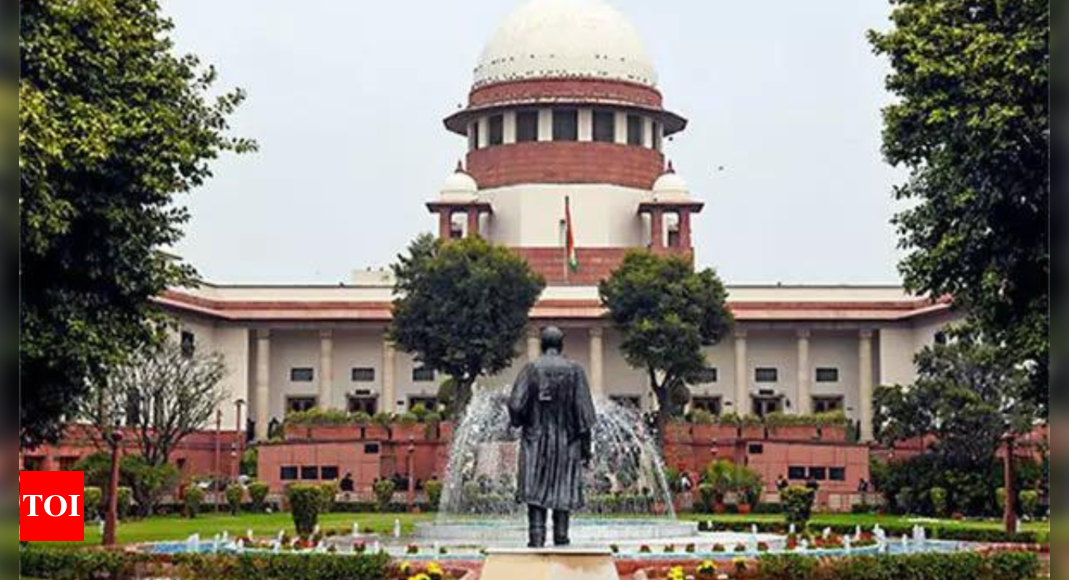
ISLAMABAD: After weeks of hue and cry from internet users and digital rights activists over the disruption of digital platforms and slow internet speed, Pakistan government on Thursday confirmed that it was upgrading its “web management system” to cope with cybersecurity threats.
Over the past few weeks, internet speed had dropped by 30-40 per cent, as Pakistan moved to implement its much-debated nationwide firewall to block malicious content, protect government networks from attacks, and allow government to identify IP addresses associated with what it terms “anti-state propaganda”.
government sources said telecom authorities had completed a second trial run of the newly installed firewall. The first trial was carried out in July, which resulted in the slowing down of social media platforms.
PM Shehbaz Sharif’s government had allocated more than 30 billion Pakistani rupees in the development budget for the acquisition and installation of this filtering system.
However, the adverse impacts after installing the firewall drew criticism from netizens and digital rights groups, who expressed fear about the future of internet-based businesses in Pakistan.
government authorities had so far feigned ignorance over the internet disruptions being linked to firewall installation, and had blamed telecom and internet service providers for connectivity issues.
On Thursday, however, IT minister Shaza Fatima Khawaja said her ministry was addressing complaints of slow internet speed, even though she did not link the problem with the cybersecurity firewall.
“There have been complaints of slow internet and I have asked the Pakistan Telecommunication Authority to provide data of the last two weeks to look at the data traffic to know the speed issue,” she told reporters.
Asked about the installation of a firewall, the minister said it was a cybersecurity matter and that countries around the world used the technology. “Previously, government was managing the web system, but with increasing international cybersecurity attacks on the country, there is a growing need for the state to strengthen its ability to prevent these attacks,” Khawaja said.
Countries like China, Iran, Turkiye, and Russia have employed national firewalls for years to regulate internet content, saying they aim to pinpoint and restrict sources of propaganda content.
The association of internet service providers have blamed the slow internet speed and outages on increased security and surveillance. “It’s a very discouraging situation for our customers. Many are leaving the smaller ISPs because they cannot sustain the poor service quality any more. If this continues, we will see a mass exodus of businesses from Pakistan,” read a statement issued by service providers.
Over the past few weeks, internet speed had dropped by 30-40 per cent, as Pakistan moved to implement its much-debated nationwide firewall to block malicious content, protect government networks from attacks, and allow government to identify IP addresses associated with what it terms “anti-state propaganda”.
government sources said telecom authorities had completed a second trial run of the newly installed firewall. The first trial was carried out in July, which resulted in the slowing down of social media platforms.
PM Shehbaz Sharif’s government had allocated more than 30 billion Pakistani rupees in the development budget for the acquisition and installation of this filtering system.
However, the adverse impacts after installing the firewall drew criticism from netizens and digital rights groups, who expressed fear about the future of internet-based businesses in Pakistan.
government authorities had so far feigned ignorance over the internet disruptions being linked to firewall installation, and had blamed telecom and internet service providers for connectivity issues.
On Thursday, however, IT minister Shaza Fatima Khawaja said her ministry was addressing complaints of slow internet speed, even though she did not link the problem with the cybersecurity firewall.
“There have been complaints of slow internet and I have asked the Pakistan Telecommunication Authority to provide data of the last two weeks to look at the data traffic to know the speed issue,” she told reporters.
Asked about the installation of a firewall, the minister said it was a cybersecurity matter and that countries around the world used the technology. “Previously, government was managing the web system, but with increasing international cybersecurity attacks on the country, there is a growing need for the state to strengthen its ability to prevent these attacks,” Khawaja said.
Countries like China, Iran, Turkiye, and Russia have employed national firewalls for years to regulate internet content, saying they aim to pinpoint and restrict sources of propaganda content.
The association of internet service providers have blamed the slow internet speed and outages on increased security and surveillance. “It’s a very discouraging situation for our customers. Many are leaving the smaller ISPs because they cannot sustain the poor service quality any more. If this continues, we will see a mass exodus of businesses from Pakistan,” read a statement issued by service providers.









